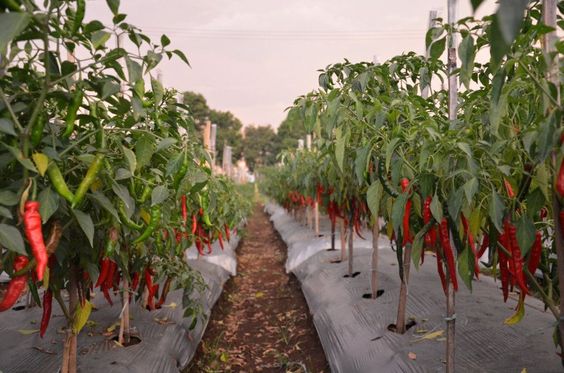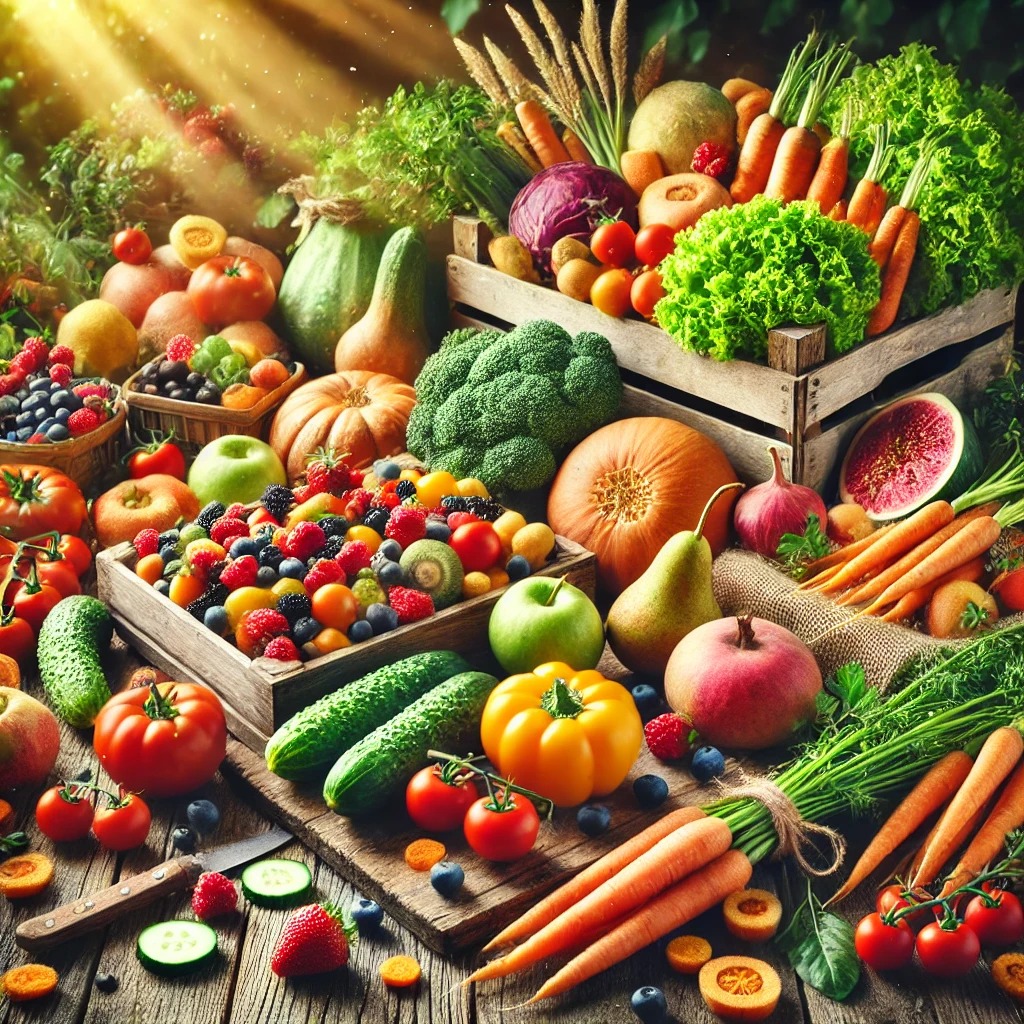Transforming Agriculture: How Smart Agricultural product processing system
Agricultural product processing system sector is undergoing a significant transformation driven by technological advancements. Smart agriculture, a concept that integrates information and communication technologies (ICT) into farming practices, is paving the way for increased efficiency, sustainability, and profitability. One crucial component of smart agriculture is the rise of agricultural product processing systems. These systems leverage automation, data analysis, and advanced machinery to optimize the post-harvest handling and transformation of crops and livestock products.
Traditionally, post-harvest losses have been a significant challenge for farmers globally. Factors like improper handling, inadequate storage facilities, and inefficient processing methods can lead to spoilage and significant economic losses. These losses not only impact farmers’ livelihoods but also contribute to food insecurity.
Contents
Smart Processing Systems: A Game Changer
Agricultural product processing systems address these challenges by introducing a data-driven and automated approach to post-harvest management. These systems typically encompass several key elements:
-
Automated Sorting and Grading: Smart systems utilize machine vision technology to sort and grade agricultural products based on size, shape, color, and ripeness. This ensures consistent quality and minimizes human error in the selection process.
-
Precision Cleaning and Washing: Advanced cleaning systems employ robotics and sensors to thoroughly clean products while minimizing water usage and potential damage.
-
Environmentally Controlled Storage: Smart storage facilities integrate sensors and automation to maintain optimal temperature, humidity, and gas levels. This extends the shelf life of products and reduces spoilage.
-
Intelligent Processing Equipment: Modern processing machinery incorporates sensors and automation to regulate tasks like milling, grinding, pasteurization, and packaging. This ensures consistent product quality and minimizes waste.
-
Real-Time Data Monitoring Agricultural product processing system: Throughout the processing chain, sensors collect data on various parameters like temperature, humidity, and product quality. This data is analyzed in real-time to identify potential issues and optimize processing procedures.
Benefits of Smart Agricultural product processing system
The adoption of smart processing systems offers a multitude of benefits for farmers, processors, and consumers:
-
Reduced Post-Harvest Loss: By ensuring proper handling, storage, and processing conditions, smart systems significantly reduce post-harvest losses, leading to increased profitability for farmers.
-
Enhanced Product Quality Agricultural product processing system: Automation and real-time monitoring ensure consistent product quality, meeting consumer demands for safe and healthy food products.
-
Increased Efficiency Agricultural product processing system: Smart systems automate manual tasks and optimize processing procedures, leading to improved efficiency and productivity.
-
Traceability and Transparency: Data collected throughout the processing chain enables better traceability of products, enhancing food safety and consumer confidence.
-
Reduced Environmental Impact: Smart systems promote the use of water-efficient cleaning processes and optimize energy consumption in storage facilities, leading to a more sustainable agricultural sector.
The Road Ahead: Smart Processing for a Sustainable Future
The integration of smart processing systems is a key step towards achieving a more sustainable and efficient agricultural sector. As technology continues to evolve, we can expect even more sophisticated systems to emerge, offering features like:
-
Integration of Artificial Intelligence : powered systems will further optimize processing procedures by analyzing real-time data and making autonomous decisions to ensure optimal product quality.
-
Predictive Maintenance Agricultural product processing system: Advanced sensors will predict potential equipment failures, enabling proactive maintenance and minimizing downtime.
-
Integration with Blockchain Technology: Blockchain can be used to ensure transparency in the supply chain, providing consumers with detailed information about the origin and processing of their food products.
By embracing smart processing systems, the agricultural sector can move towards a future that is not only more productive and profitable but also environmentally conscious and responsive to consumer demands. With continued investment and innovation, smart processing has the potential to revolutionize the way we produce, process, and consume our food.




